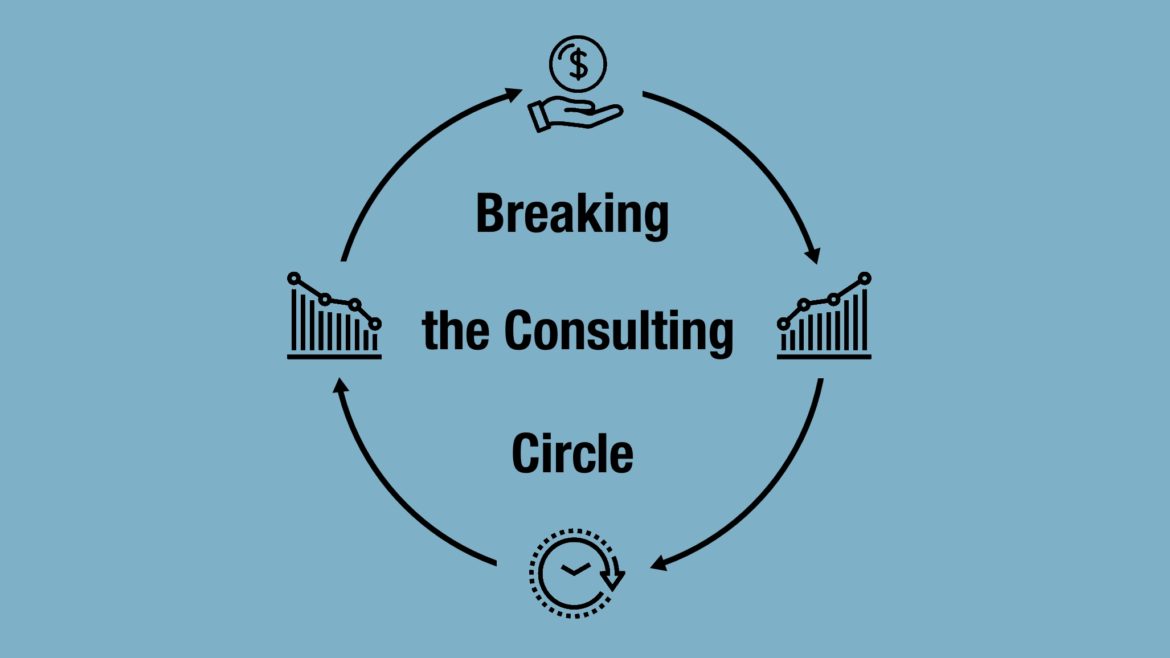Preserving the Soul of the Credit Union
At breakfast recently, I mentioned to a mentor that we had hired a consultant to help our credit union improve staff cross sales by improving the service that we provide to our members. This was not the first time we had hired this consultant to come in and perform this work, but at the time I thought it was the right thing to do to improve the performance of the credit union.
With my mentor’s help I came to the realization that what I originally thought was an example of my ability to lead was actually a perfect example of my ability to schedule meetings, write checks, and organize groups of people around the idea that my credit union needed to look better in my bi-annual Raddon report.
I was a party planner for employees that didn’t want to come to the party. I was hiring consultants that would help me look more like those Raddon high-performing credit unions. It was a sobering moment that forced me to reexamine my leadership and the work I was saddling my employees with for the next twelve quarters.
My level of intentionality to engage both our staff and members, guiding the consultants’ work, and sustaining the achievements of staff after the consultants are done is our job alone as leaders. When I do not do this work well, I release the work of creating to the consultant, the soul of my organization is removed, and my relevancy to members is null.
The work of creation should never be passed off to a consultant. It is our job as leaders to provide the vision for what our creation is going to look like before, during, and after the consultants do their work. Our work is to guide, direct, and mold their work to see it become what we have envisioned all along.
The work of creation should never be passed off to a consultant.
While consultants may assist us by increasing profits through the enhancement of our employees’ skills, the work of guiding the credit union to stay true to the members that use it is our job as leaders. We need to be constantly checking ourselves to make sure we are not handing this responsibility off to someone else.

























































John Beauchamp#1
Robert I thought this was a great article. As VP of Imaging Solutions at CU*Answers I do Imaging Solutions consulting for many credit unions and I couldn’t agree more! Your “When to use a consultant” Q & A was especially good and on point I thought. Thanks for contributing and sharing!